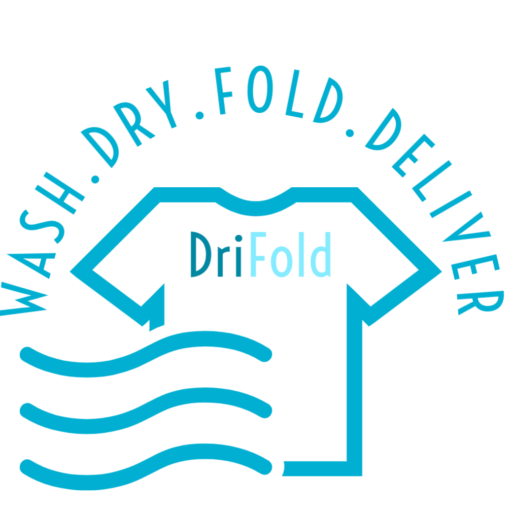Drifold Laundry Service is excited to present a fresh perspective on the current trend of cold water washing.
Many believe that it’s an eco-friendly and cost-effective method, affirming that laundry gets perfectly cleaned in cold water. However, there are others who remain unconvinced. So, does washing with cold water truly make sense? Well, like most things in life, it depends. Here’s what you need to understand.
Energy Conservation
It’s undeniable that washing with cold water conserves energy. Around 75 percent of the energy used in a single laundry load is spent on heating the water. According to Consumer Reports, washing clothes in cold water could save an average homeowner approximately $60 per year.
However, this mostly depends on your location. If you’re here in the Galveston or Harris County Texas area, even your “cold water” might be warm during a hot summer afternoon. In contrast, during an Alaskan winter, you may need to heat the water just to get it flowing through the pipes. For laundry purposes, “cold water” is generally considered to be around 60 degrees F. Any colder than that, and even cold water detergents won’t be effective.
Understanding Surfactants
Surfactants are the chemicals in detergents that facilitate cleaning. One end of the molecule is hydrophilic, naturally attracted to water, while the other end is hydrophobic, repelling water.
The hydrophobic end latches onto dirt and grime, while the hydrophilic end keeps it suspended in the water until it’s rinsed away. Traditional surfactants, like those found in regular laundry detergent, require warm or hot water to stimulate these chemical reactions. Conversely, cold-water detergents contain enzymes and other ingredients that enhance the power of the reactions without requiring heat.
The Level of Dirtiness Matters
While cold water washing can be effective for most laundry loads, it’s not suitable for everything. Items laden with bacteria such as gym clothes, or those that need sanitizing like towels and bed sheets, should always be washed in warm or hot water. In these cases, the water temperature itself provides an added cleaning boost.
Cold Water Rinse Reigns Supreme
Regardless of the temperature you choose for washing, experts concur that a cold rinse cycle is harmless. Cold water can rinse out detergent and debris just as effectively as warm water, and there’s no additional cleaning benefit in the rinse cycle.
The Verdict
Cold water washing can conserve some energy and is sufficient for typical laundry loads when used with a cold-water detergent. For heavily soiled or particularly germ-filled items, use hotter water, and always rinse your laundry in cold water. Or better yet, simplify your life and enlist a laundry service.
Why stress over washing temperatures and proper separation, when you can enjoy affordable, door-to-door service? Drifold Laundry Service is dedicated to unmatched customer service, quality, and eco-consciousness. We realize we’re not just doing laundry – we’re doing your laundry. If you’re ready for a laundry service that consistently delivers affordable, top-quality service, sign up online or contact us today by email at hello@drifold.com or by phone at (855) 335-9274.
